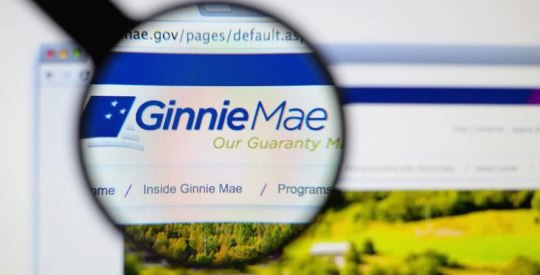Seth Wheeler, senior adviser to the US Treasury Department, said that one of the main goals of the Obama Administration is to fix the mortgage market in the United States, although federally subsidized modifications may not be appropriate for many borrowers. Speaking at the American Securitization Forum (ASF) 2010 conference in Washington DC, Wheeler said the focus of the Administration is shifting somewhat away from modifications, as getting borrowers into the Home Affordable Modification Program (HAMP) is not always the best solution. “Short sales, deeds in lieu are other ways to prevent foreclosures to help achieve [housing] stability,” he said. “Modifications are only for a certain subset of distressed homeowners.” The Administration’s foreclosure alternative program – the Home Affordable Foreclosure Alternatives program, or HAFA – will provide incentives to servicers and borrowers that pursue short sales rather than foreclosure. As HousingWire magazine reports, critics of HAFA say it will dull short sale experts’ competitive edge while other sources warn homeowners will still see short sales as the loss of homeownership. “They can’t keep their home, but they can avoid foreclosure,” explained Colleen Hernandez, CEO of the Homeownership Preservation Foundation (HPF) – a nonprofit that partners with local governments, borrowers and lenders to facilitate foreclosure alternatives and promote homeownership. “We are seeing middle class unemployed,” Hernandez said, adding the emerging class of struggling homeowners are unused to financial hardship. “They are slow to apply for benefits, slow to pick up a job that pays less, slow to take up the new world order.” HPF’s services help these borrowers get their arms around total finances as this class tends to be highly indebted with not only credit cards, but also outstanding student loans and car payments. “We help them prioritize” the wind-down of their obligations, Hernandez added. “HAMP can not be seen as the only solution,” said Doug Potolsky, a senior vice president at Chase Home Finance. “Chase has aggressive programs that deal with loans that fail HAMP.” Clearly, he said, other solutions are necessary as, in his department, HAMP is not particularly successful. Nearly one-third of Chase HAMP trial modifications result in no repayment, and only 20% ever reach permanent modification status, Potolsky said. HAMP servicers completed a total 66,465 permanent modifications through December, according to the latest Treasury report. “HAMP is not perfect, but improving. I think as a servicer we have to work on building our own [modification] program.” In terms of trying to follow the administrations directive to fix mortgage markets, Potolsky added that option ARM mortgages are particularly challenging to modify. Other panelists at ASF this week feel a heavy reliance on HAMP could even result in a second housing dip. The warning comes after a special inspector on the Treasury’s asset-relief efforts recently warned of a government-induced second housing bubble. Another challenge facing the administration, according to ASF director Tom Deutsch, is the 30% of US borrowers that are underwater and facing strategic defaults. And this is perhaps the biggest challenge facing the market. Laurie Goodman, a managing director of Amherst Securities – and a vocal critic of HAMP for its failure to address negative equity – responded to Deutsch: “If you have negative equity, you are very, very likely to default.” Goodman added: “Negative equity is the single most driver of defaults.” Negative equity may be just one of the predictors of borrower mentality leading to strategic default, an issue HousingWire studies in-depth in the February magazine issue. Nancy Mueller Handal, managing director of structured fiance at MetLife, also said at ASF that solving the issue of shadow inventory – homes at danger of default, which Goodman’s team recently estimated to range around 7m units – will require a viable non-agency refinancing program in order to prevent the home again reaching default status in two to five years. Under this program, the private market for the mortgage-backed securities (MBS) could re-open, providing need liquidity into the market. Write to Jacob Gaffney. Diana Golobay contributed to this report.
Modification is Not for Every Borrower: Treasury Adviser
Most Popular Articles
Latest Articles
Ginnie Mae President Alanna McCargo to resign
Alanna McCargo announced her resignation from the top post at Ginnie Mae effective May 3



